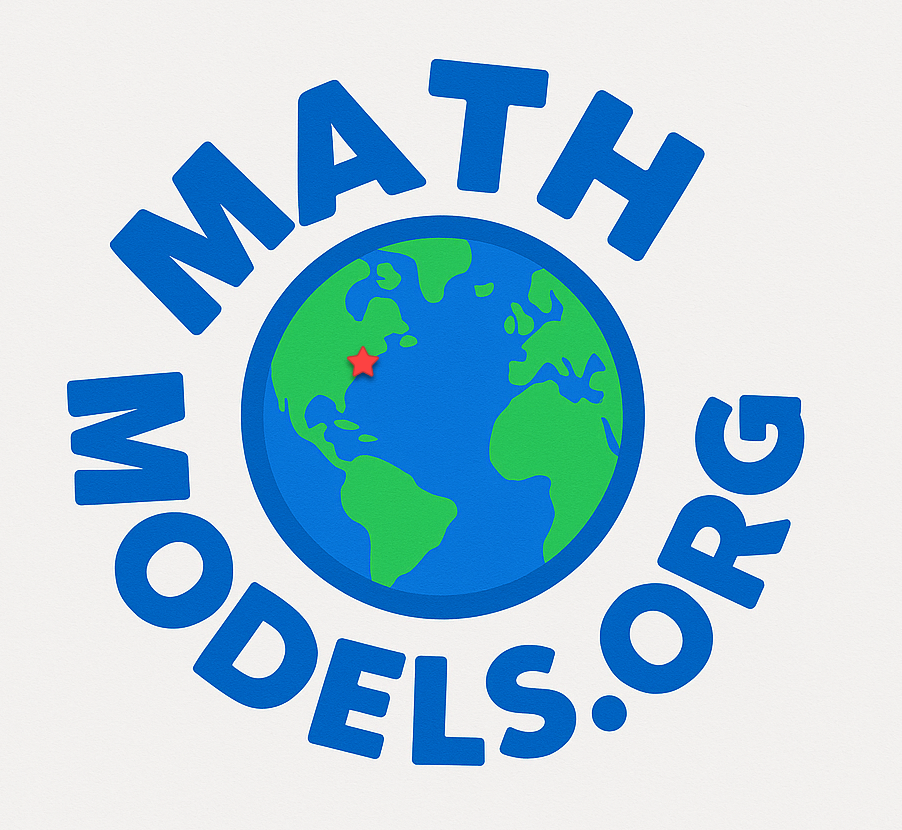All for One and One (Space) for All!
Author: COMAP

Background
Most of the world’s nations signed onto the United Nations’ Outer Space Treaty of 1967, agreeing that “exploration and use of outer space, including the moon and other celestial bodies, shall be carried out for the benefit and in the interests of all countries, irrespective of their degree of economic or scientific development, and shall be the province of all mankind”[1]. The United Nations (UN) aims to promote global peace and reduce inequities. As the foundation of international space law, the Outer Space Treaty has provided the legal underpinnings for projects that have promoted multinational access to space, such as the International Space Station and the use of satellites to browse the Internet in even the most remote locations. But will this international promise of equity hold as humankind looks to harvesting space-based resources?
Consider the possibility of asteroid mining. There are many open questions about asteroid mining, such as whether it is technically feasible, whether the high initial cost is worth the benefit of what we might find and bring back to Earth, and whether it should be private companies, national governments, or international collaborations that fund these operations, do the mining, and/or receive the financial gains. These questions have yet to be answered, but for the purposes of this problem, let’s assume that asteroid mining is feasible at some point in the future and could allow humans to bring valuable minerals back to Earth relatively safely and at a cost that is financially worth the investment.
This problem asks your team to address the following overarching questions: What is global equity, and how will asteroid mining impact it? What are the factors that influence that impact, and how? And what policies could the United Nations propose to increase global equity in a future with asteroid mining?
Problem Download

Mathematics Topics:
Application Areas:
You must have a Mathmodels Membership to download Student Papers and Commentary.
If you're already a member, login here.